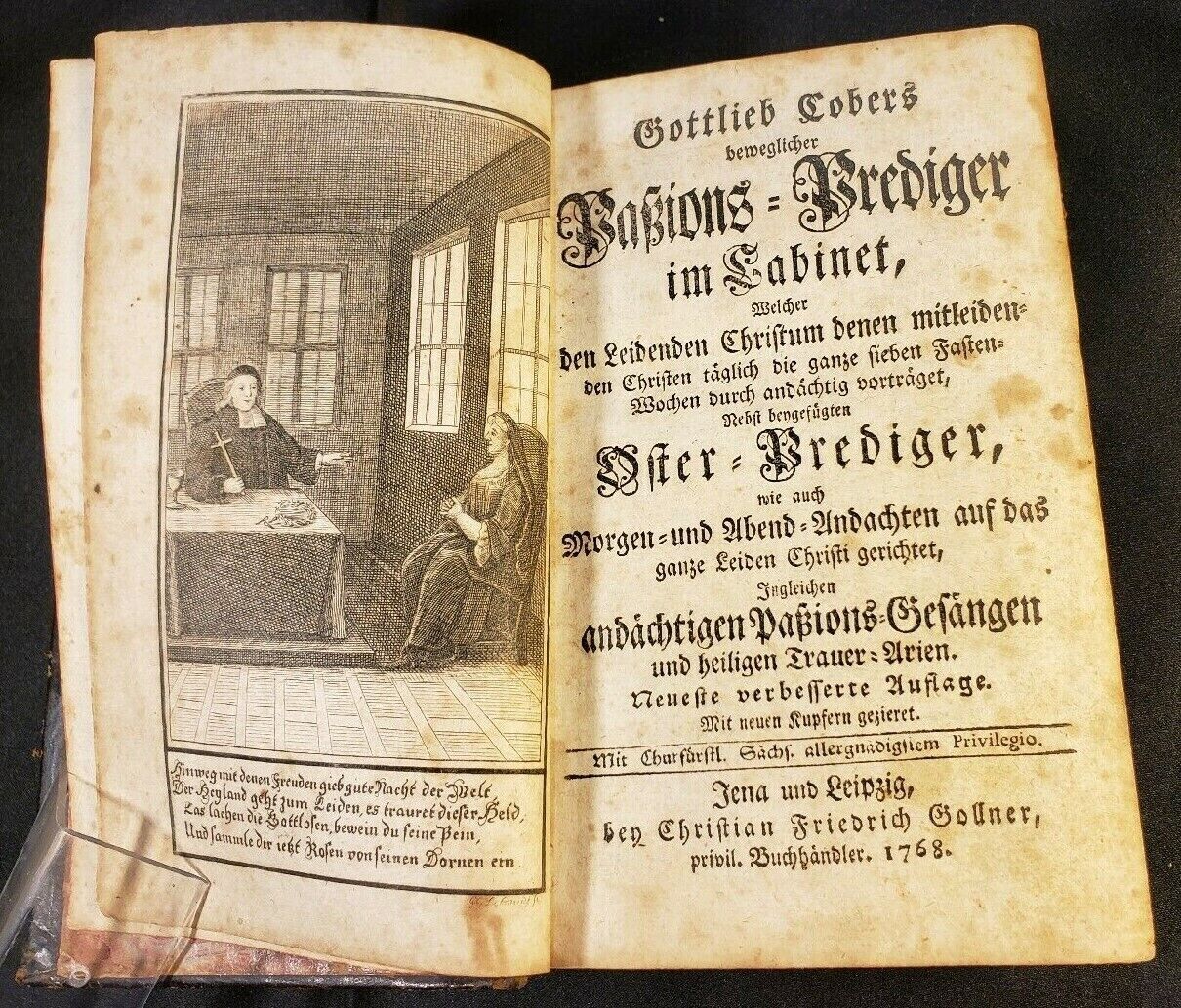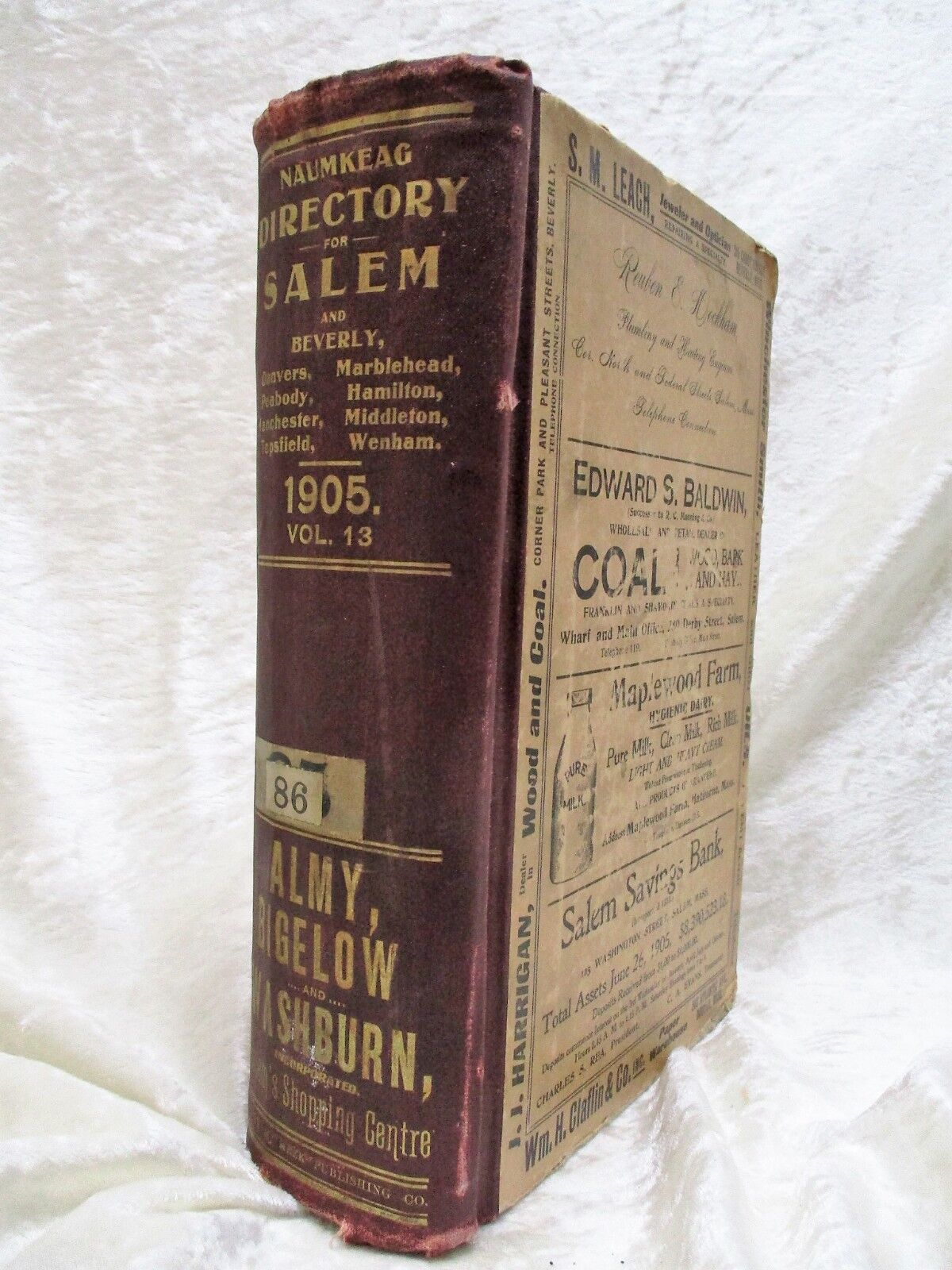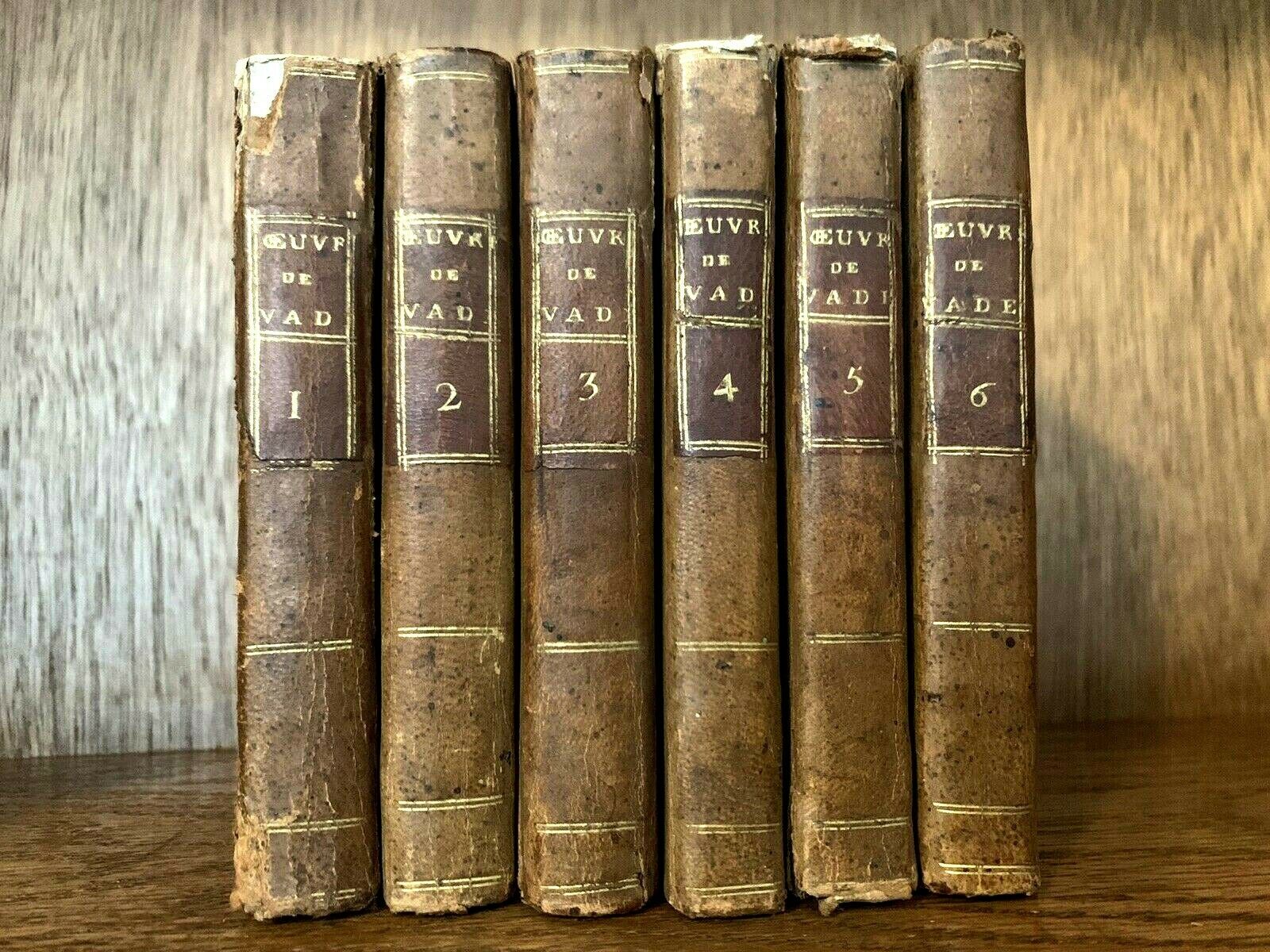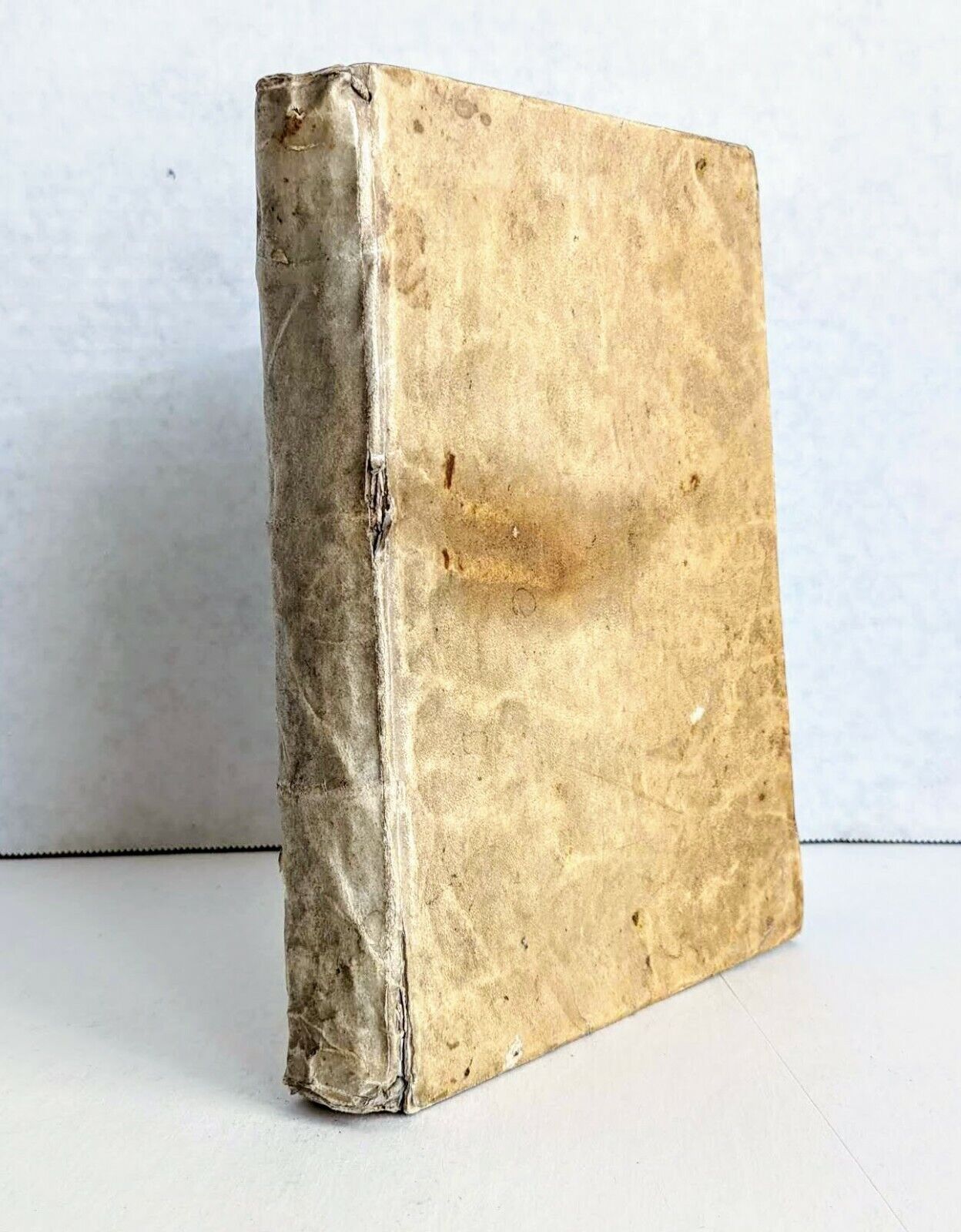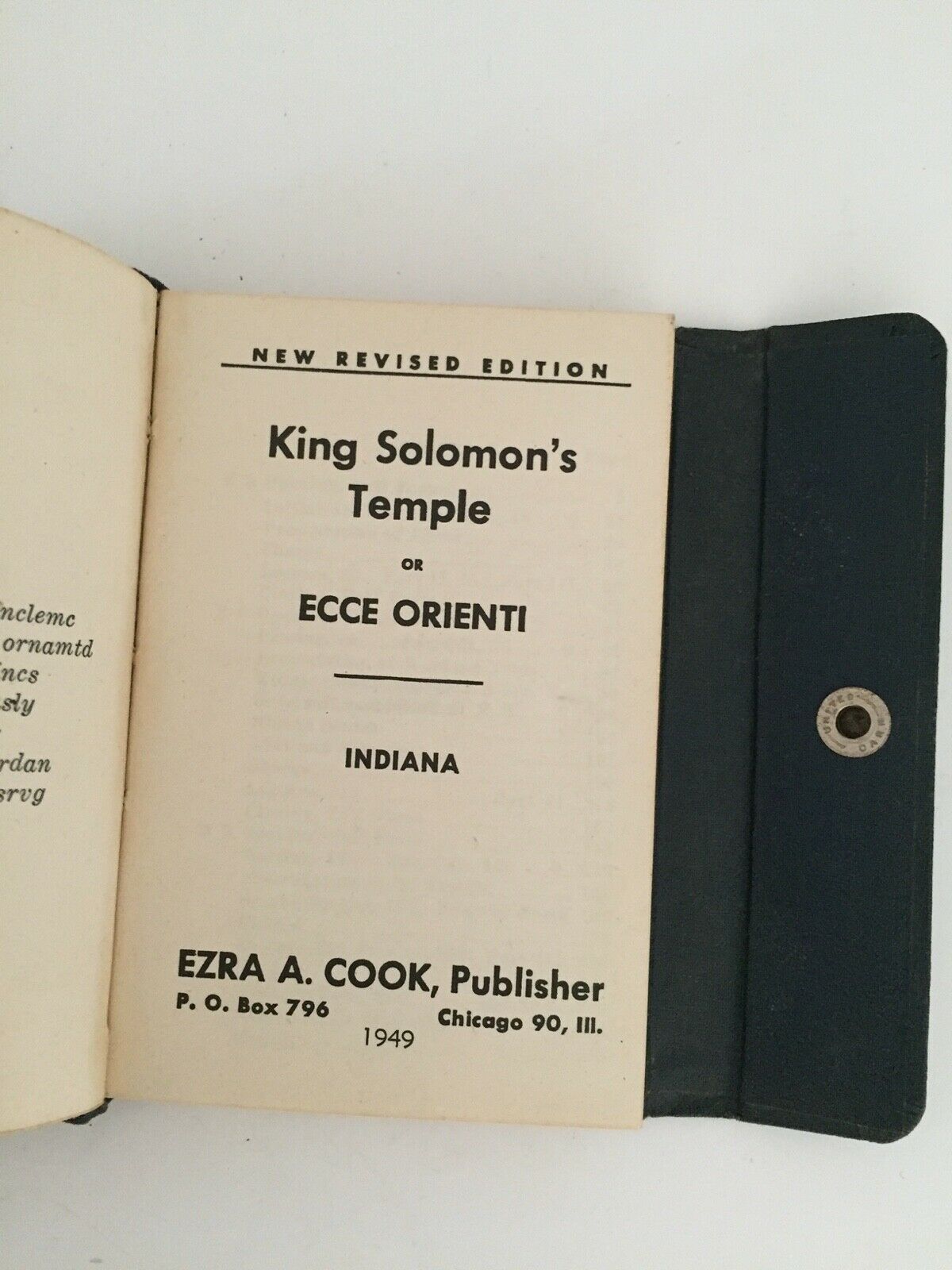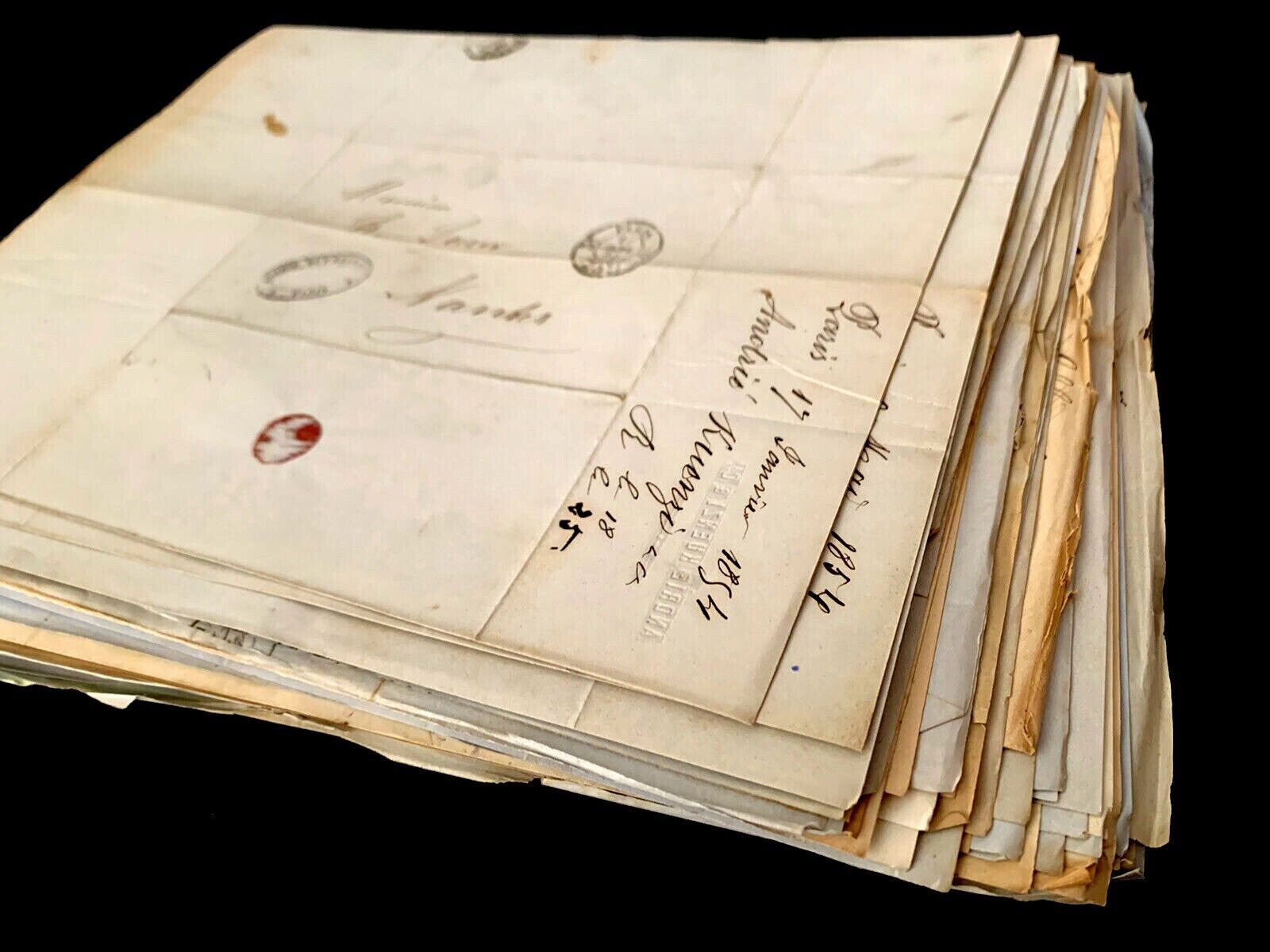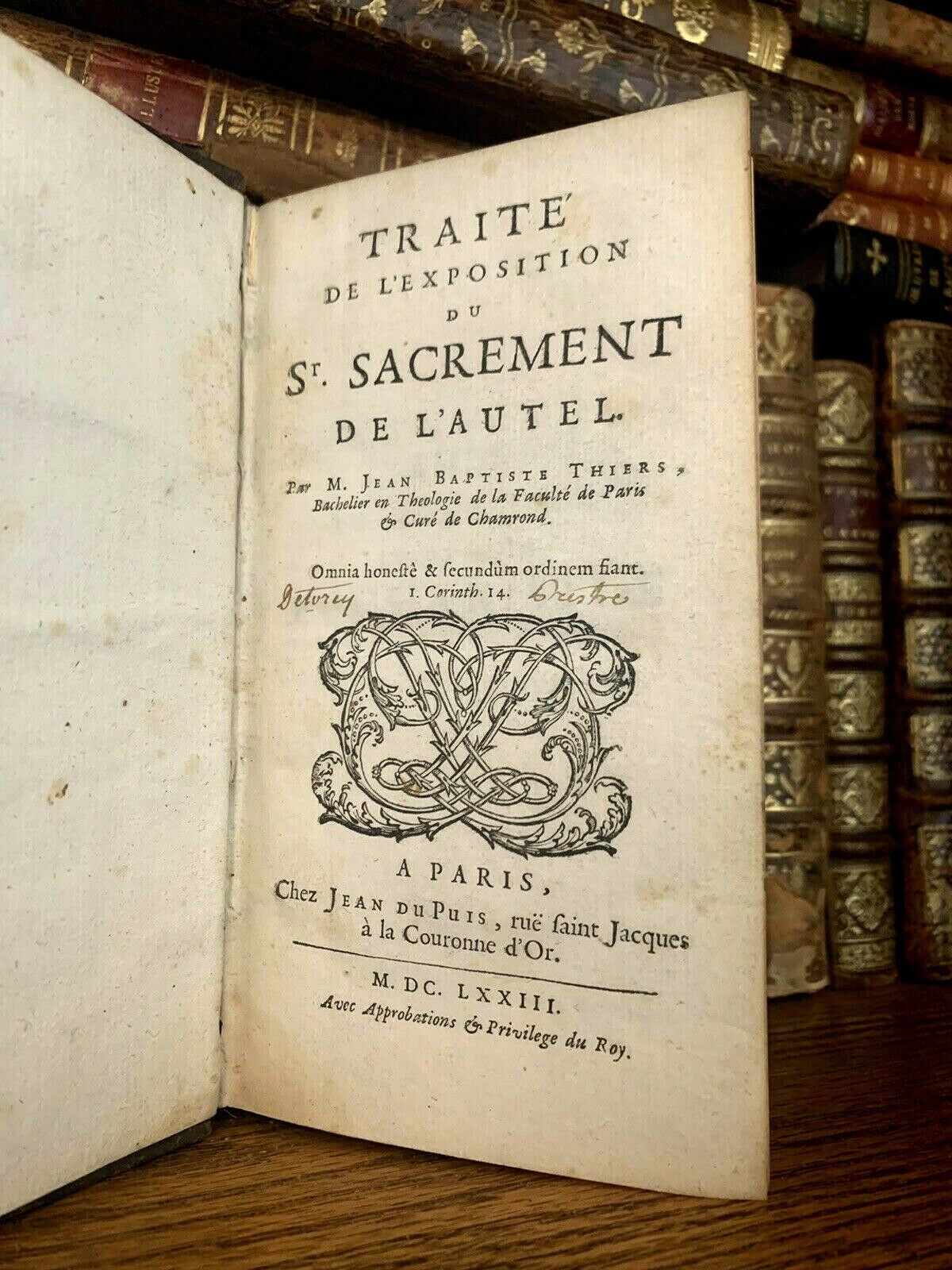-40%
1768 PASSION PREACHING IN THE CABINET by Gottlieb Cober Stamp "ANTICARIAT SIBIU"
$ 158.39
- Description
- Size Guide
Description
"Passion preaching in the Cabinet, which daily presents the last seven weeks of fasting to devotees of Christ, through His suffering, in addition to affirmed Easter preachers, as well as morning and evening devotions to the universal Passion of Christ, similar devotees of Passover songs and saints mourning arias."
Published: 1768 Jena and Leipzig, with Christian Friedrich Collner Bookseller
Pages: 464, 142, with 7 Engravings
Size: 7” x 4.2” x 1.4”.
Cober, Gottlieb popular theological writer, 21.6.1682 Altenburg (Thuringia), 12.4.1717 Dresden. (Lutheran)
Gottlieb Cober attended the University of Jena since 1702, was a private tutor in Silesia for several years, then in Altenburg; Here he applied repeatedly unsuccessfully for a job in church service. His attitude and religious attitude as well as his style had a role model in → Johannes Lassenius, Johann Arndt and Philipp Spener. Extraordinary literacy in scripture, contemporary and older edifying literature, as well as a rich knowledge of human nature, combined the gift of drawing characters and processes. In an eloquent language, with his witty, ingenious words and phrases often created by him, he appeared in outspoken, often harsh, exaggerated criticism as pious, strict judge against obvious and masked moral defects, abuses and injustices in state and society, more types portraying as persons. The "sincere Cabinet preacher" (anonymous, Gotha 1711, distributed to 1715 20 000 copies), which was dedicated to the Altenburgischen Erbprinzen, is prohibited despite approval by the Erfurt censorship in Altenburg, the author was arrested on 10.9.1711. Because he did not want to mention alleged assistants and informants, nor wanted to "target" certain personalities in Altenburg and rejected the purification oath, he was sentenced to knowledge of the Jenaer Schöppenstuhls for referral and Urfehde, but could still before the execution of the sentence - to the relief of the Duke , the Government and the Consistory - escaped from prison on 26.5.1712. A short time in Leipzig, he then lived in Dresden, where he was convicted of a sharp response (fool's answer to the foolishness of Johann Friedrich Lauterwein, by a compatriot C., Glückstadt 1713) to three attacking satirical booklets to a sensitive fine. - His works are a treasure trove of the most delicious and most drastic proverbs, hitherto scientifically ignored.
Wilhelm Raabe literarily used the cabinet preacher in his narrative "Hastenbeck" (1898)
See other items
